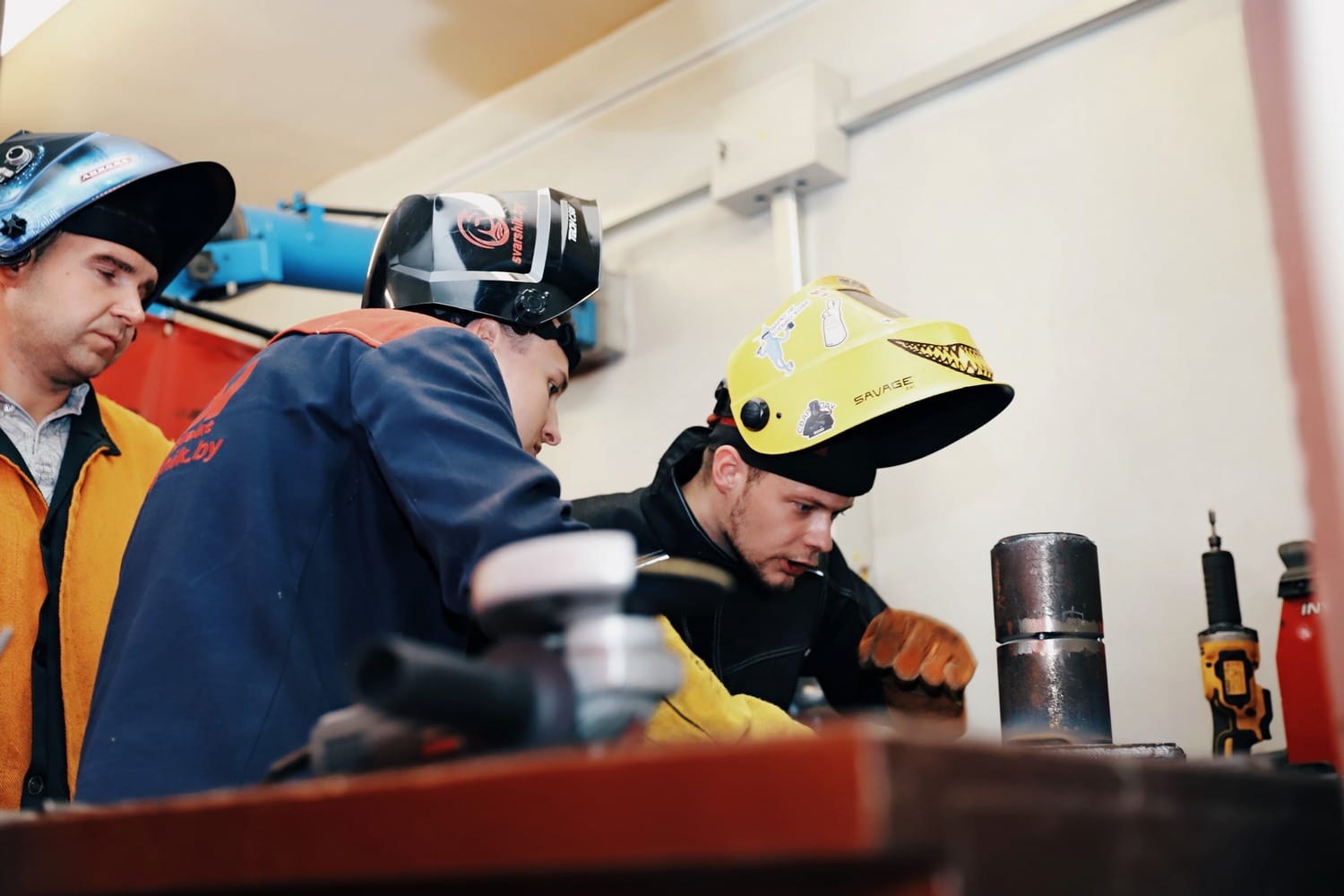Belarus Focuses on Education to Meet Welding Industry Demands

The United Nations Development Programme (UNDP) has introduced a new welding training initiative in Belarus aimed at driving the country’s industrial growth. This program seeks to enhance the technical skills of local workers, particularly in sectors like construction, manufacturing, and energy, which are vital to the nation’s economy.
Belarus is taking significant steps to prepare its workforce for the rapidly evolving welding industry, which is seeing major advancements such as robotic and laser welding, and augmented reality techniques. As the global welding market is projected to grow from $23.75 billion in 2022 to $34.18 billion by 2030, the demand for skilled welders is increasing, making educational initiatives crucial.
A recent "Welding Technologies" training session in Minsk brought together 88 vocational education teachers and industry training masters to enhance their skills in line with modern industry standards. Led by experts from the National Welding School, the training emphasized the importance of continuous learning and adapting to new technologies, ensuring educators can effectively prepare students for a competitive job market.
These training programs are part of a broader effort by UNDP Belarus, in partnership with the Ministry of Education, to bridge the gap between education and employment. By focusing on hands-on training and mentorship, these initiatives aim to equip young people with the technical skills and digital literacy needed to succeed in a dynamic and technologically advanced industry.
Source:



Discussion